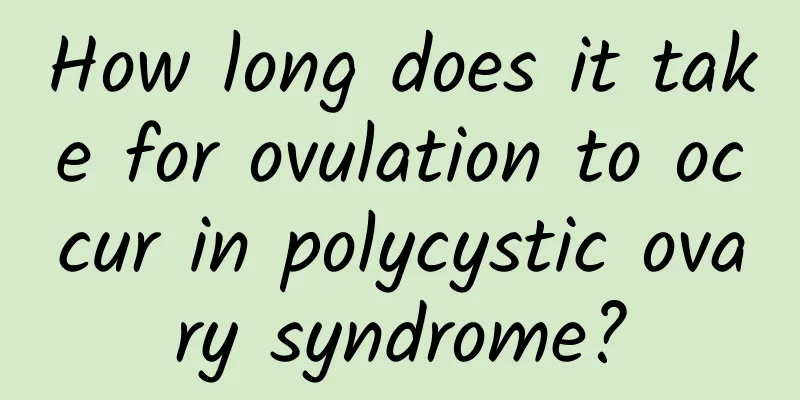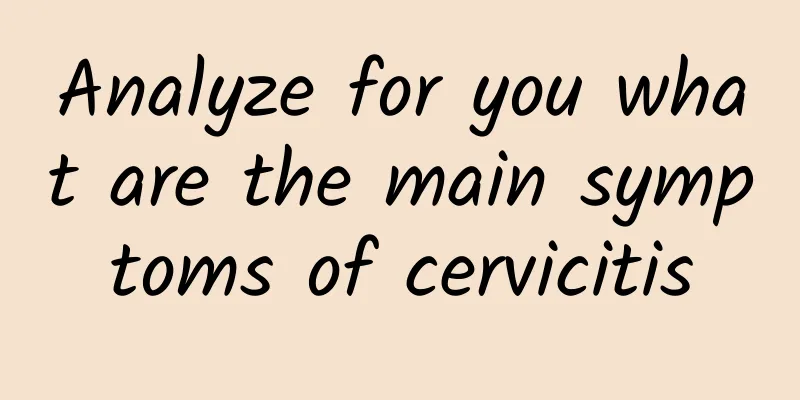What are the effects of chronic pelvic inflammatory disease?

|
What are the effects of chronic pelvic inflammatory disease? Acute pelvic inflammatory disease can become a chronic disease. Chronic pelvic inflammatory disease can cause physical discomfort, including pain, fever, menstrual disorders, etc. Sustainable development will also involve the female reproductive organs in the pelvis and increase the risk of ectopic pregnancy. The occurrence of female infertility and reproductive system tumors is also closely related to chronic pelvic inflammatory disease and must be taken seriously. Chronic pelvic inflammatory disease is mainly caused by acute development, and its most direct impact is physical discomfort symptoms, such as lower abdominal pain and fever. If the disease affects the pelvic peritoneum, symptoms such as loss of appetite, chills, and abdominal distension may also occur. Continuous stimulation of inflammation causes abdominal swelling and can also cause local compression and irritation symptoms. The clinical manifestations of chronic pelvic inflammatory disease are relatively diverse, but its harm is very great and cannot be allowed to develop. If pelvic inflammatory disease is not treated promptly and effectively, the inflammation spreads to the fallopian tubes, causing adhesion of the fallopian tubes and affecting normal ovulation and fertilization. If the fallopian tubes are blocked and not smooth, the fertilized egg cannot be delivered to the uterus in time, but stays in the fallopian tube cavity to develop, forming an ectopic pregnancy and threatening the life safety of women. Chronic pelvic inflammatory disease has a long course, is very stubborn and prone to recurrence. Repeated inflammation can lead to impaired reproductive organ function, damage to the fallopian tube mucosa and stroma, secondary fallopian tube thickening and fibrosis, and adhesion of the ovaries, fallopian tubes and surrounding tissues, affecting reproductive organ function, reducing pregnancy rates, and even leading to female infertility. |
<<: What are the dangers of ovarian cysts? Will it affect menstruation?
>>: What happened to a 43-year-old woman who suddenly stopped menstruating?
Recommend
What to do if your period has brown blood
What to do if your menstrual period has brown blo...
There are a lot of blood clots during menstruation. What is the reason for irregular menstruation?
There are a lot of blood clots during menstruatio...
Can ovarian cysts delay menstruation?
Ovarian cysts are a common gynecological disease ...
What are the clinical manifestations of uterine fibroids? Can uterine fibroids cause uterine bleeding?
As for the clinical manifestations of uterine fib...
How long does it take to get pregnant after ovarian cyst treatment?
How long does it take to get pregnant after treat...
Women should pay attention to the symptoms of vaginitis as early as possible
The occurrence of vaginitis has disrupted the liv...
What are the preventive measures for hyperprolactinemia?
Hyperprolactinemia is a very common disease, whic...
Lower abdominal pain is usually a more obvious manifestation of pelvic inflammatory disease
Lower abdominal pain is usually the most obvious ...
How much do you know about the dangers of hyperprolactinemia?
Prolactin is also called prolactin, which is a po...
Postpartum chronic pelvic inflammatory disease must be prevented
After giving birth, many mothers focus their ener...
Drinking juice to prevent drowsiness, "this 1 trick" is a smart way to solve it! Nutritionist Yang Zhexiong: 3 tips for healthy juice drinking
In summer, a glass of cool, sweet and delicious f...
Severe cervical erosion may cause blood in the vaginal discharge
Severe cervical erosion may cause blood in the va...
What are the symptoms of ovarian cysts?
What are the symptoms of ovarian cysts? The early...
Internet myths debunked! Detoxification is not just about eating lettuce and drinking lemon water
There are many "detox meals" circulatin...
Let's take a look at what causes acute cervicitis?
Acute cervicitis is very common in modern life, b...









